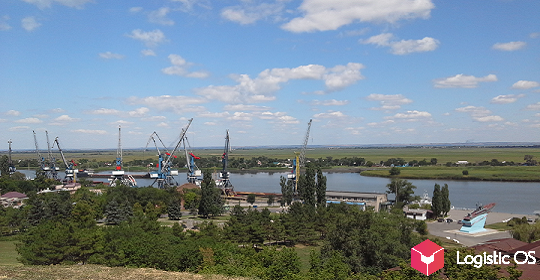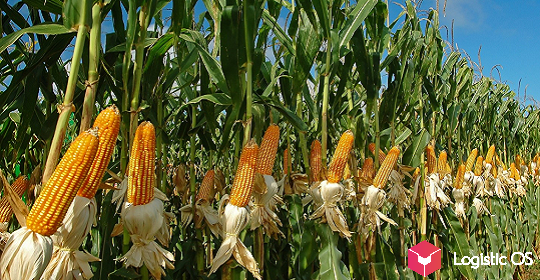In recent years, the Russian agro-industrial complex has shown excellent results, but now it will not be so easy to develop.
The consulting company «Yakov and partners» warns: the conditions have changed.
Since 2016, agricultural production in Russia has grown by almost 70%, and exports have doubled, and the country is fully self-sufficient in almost all types of agricultural products.
The result is outstanding, but it was not achieved in the conditions that we have now:
— There was unlimited access to Western technologies
— There was no supply chain disruption
— There were any possible ways for calculations
— There was access to Western markets for the purchase of equipment and means of production
Now all this is a big problem. And although Russia seems to have already managed to rebuild supply chains, access to technology is becoming increasingly difficult.
Experts warn that if large-scale digitalization is not carried out, the development of the Russian agro-industrial complex will certainly slow down significantly.
The Ministry of Agriculture, however, believes that the current level of digitalization is quite enough to ensure the sustainable development of the agro-industrial complex, but Yakov and Partners categorically disagree with this.
In the United States, for example, thanks to the introduction of modern digital technologies, it was possible to increase yields by 10% and reduce the cost of capital goods by 20%.
Russia needs to follow the same path, especially if it wants to remain competitive in the global market. But there are a number of obstacles here.
Digitalization is far from universal
As a rule, only the largest companies have the money and desire to carry it out, and they are usually limited to the implementation of ready-made solutions.
As for medium and small businesses, in most cases they do not even consider such an issue.
There is a critical shortage of specialists
In the United States, 2,000 specialists in the field of genetics and breeding are graduating every year, while in Russia training in such disciplines is not carried out at all.
The situation with science in the agro-industrial complex is also not the best: there are few who want to invest in it.
The emphasis is on control, not development
The Ministry of Agriculture, for example, is preparing for a full-fledged launch of the Zerno system, through which the department will receive data from farmers and make management decisions based on them.
But this will not help the development of the sector itself.
Instead, according to Yakov & Partners, it is necessary to create a full-fledged database that will collect information from all agricultural companies in order to find opportunities for development based on the results of its processing.
But so far this is very far away: not only the “political will” of the leadership of the Ministry of Agriculture is needed here, but also a lot of funding.

